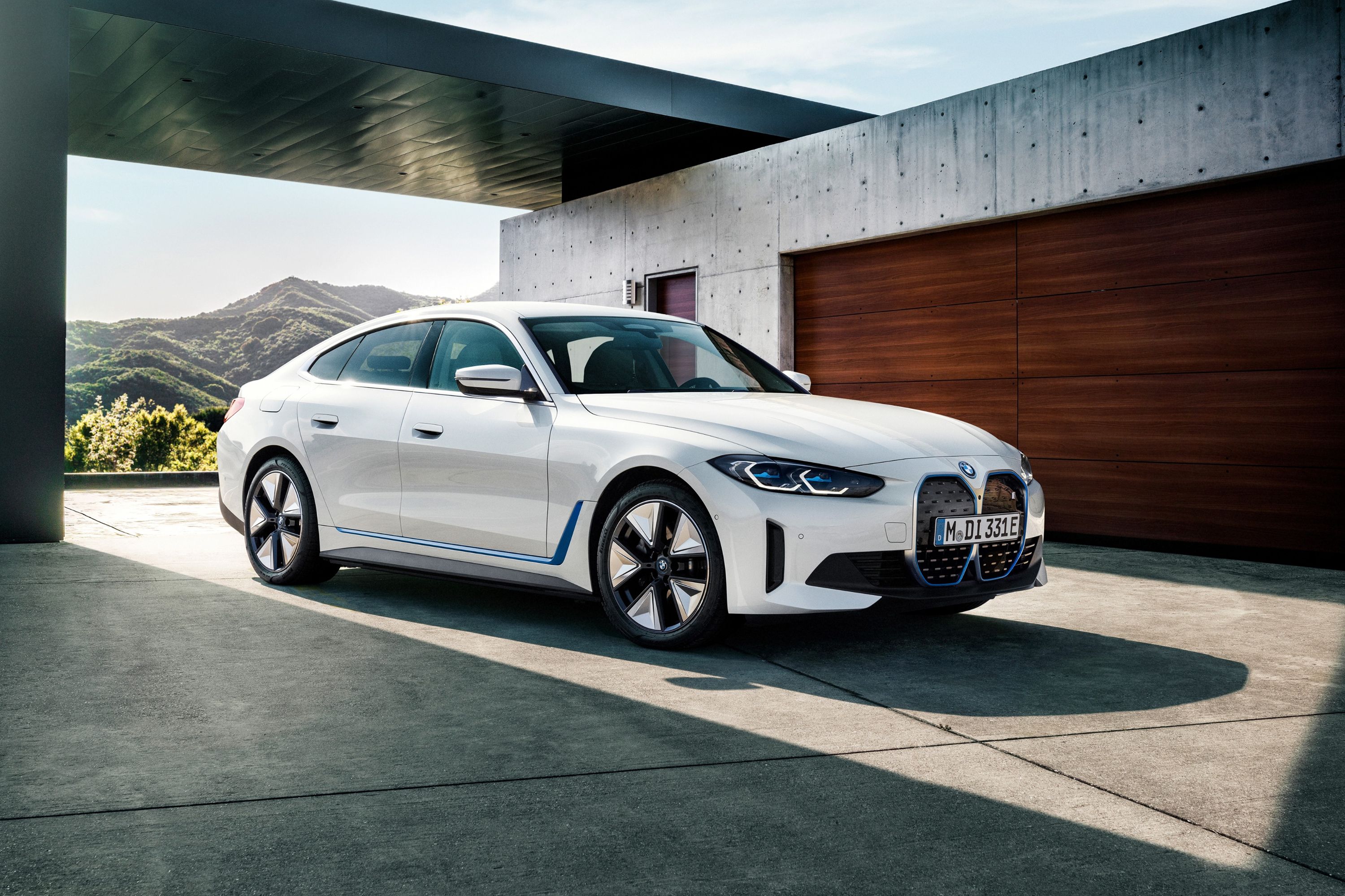
Battery swapping is a topic that is debated in the far corners of the EV sphere, for now. But what is it, exactly? Believe it or not, the concept is very simple. Instead of charging the battery in your car when it runs out of juice, you just swap it out with a pre-charged pack, similar to what you would have done in an old radio control car.
One manufacturer that is pioneering this strategy as of right now is China's Nio. It successfully completed over four million swaps as of September 29, 2021. These are conducted at its battery swap stations of which it plans to launch 4,000 global branches by 2025. The process only takes three minutes as an autonomous protocol places the EV on a lift and exchanges the depleted battery with a new charged-up pack. While some major automakers have experimented with the technology, others like BMW have ruled it out.
Both Tesla and Renault were considering getting into this sphere as well with their EV products but shortly after their respective announcements, the plans didn't gain any traction. These two companies didn't condemn the practice but given that there were no updates, we can assume that there just wasn't a strong enough business motivation to follow it through.
One company that has now come out to denounce the business model of swapping batteries is BMW. Now that it has a comprehensive EV range consisting of cars such as the i4 sedan, iX SUV, and a couple of more electric crossovers that are destined for the USA, you can imagine that it has done a fair amount of research into what will be best for both the consumer and business in the EV sphere.
Speaking to Automobilwoche regarding the possibility of this service for Neue Klasse platform cars, a representative of the company explained, "From our point of view, setting up a charging and logistics infrastructure for battery swap stations is not expedient." That's a fair assessment to make considering how expensive replacement lithium-ion packs are. Producing excess batteries for the sake of exchanging them on the fly would be a resource-heavy task to undertake.
Instead, it looks like the Bavarian brand is more than happy to throw funding at the development of solid-state batteries which proposes to grant its EV customers better range and longevity. We can expect these to be installed in cars built on its Neue Klasse platform. Products of this generation are expected to see a market introduction date of 2025 at the soonest.
